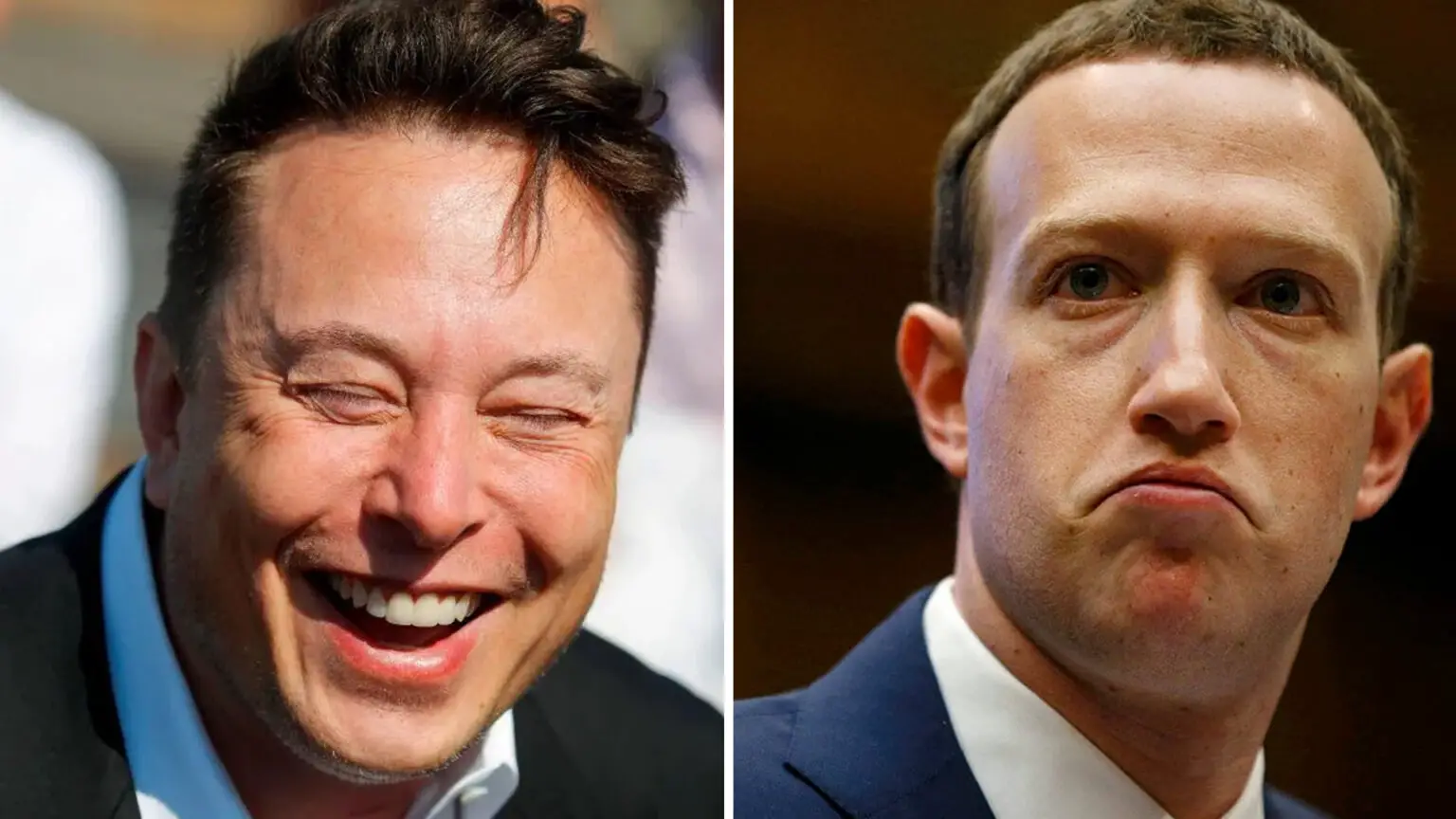In a recent tweet, Elon Musk has made a bold claim that WhatsApp “cannot be trusted”. This comes after a user tweeted to Musk, claiming that WhatsApp had been using the microphone in the background of his phone. Musk quote tweeted, responding to the user’s complaint with his claim that WhatsApp is untrustworthy.
It is worth noting that WhatsApp uses a phone’s microphone for voice calls and other audio-related features, which users must give permission for. However, the user in question seems to suggest that the app was using the microphone without their knowledge or consent.
Musk’s tweet also includes a response to another user who pointed out that WhatsApp is owned by Facebook, which is now known as Meta. Musk claimed that recent changes at the messaging company had disturbed workers greatly, although it is unclear what changes he was referring to.
WhatsApp cannot be trusted https://t.co/3gdNxZOLLy
— Elon Musk (@elonmusk) May 9, 2023
The tweet ends with a somewhat cryptic message from Musk, telling his followers to “trust nothing, not even nothing.” It is unclear what he means by this statement, but it could be interpreted as a warning to be skeptical of all information and sources.
It is worth noting that Musk has been known to make controversial statements on social media, so it is unclear if there is any basis for his claim that WhatsApp “cannot be trusted.”
Elon Musk, who is the CEO of SpaceX and Tesla, has been an advocate for privacy-focused messaging apps such as Signal. In January, he urged social media users to delete Facebook and sign up for Signal instead, citing concerns over privacy.
This came after Facebook forced users to agree to new terms and conditions that would allow private data, such as IP addresses and phone numbers, to be shared with Facebook.
Musk’s criticism of Facebook is not new, and he has been vocal about his concerns over privacy issues. He has previously spoken out against the company’s handling of user data, and his support for Signal reflects his desire to promote more secure and private forms of communication.
WhatsApp, which is also owned by Facebook, had claimed that chats with friends and family members would not be affected by the new terms and conditions.
Following Elon Musk’s tweet regarding WhatsApp’s trustworthiness, there was reportedly a surge in users signing up for Signal, a privacy-focused messaging app that Musk has previously endorsed.
In January, Signal tweeted that they were experiencing a delay in verification codes due to the high number of new users trying to join the app. This indicates that Musk’s tweet had a significant impact on users’ choices of messaging apps.
Musk’s criticism of Facebook is not new. He has been vocal about his concerns over privacy and has previously called Facebook “lame.” He has also used the hashtag #DeleteFacebook in the past, during a Twitter campaign that highlighted concerns over privacy.
In 2018, Musk demanded that his companies SpaceX and Tesla scrap their official Facebook pages, claiming that he didn’t realize they had them at the time.
Musk’s advocacy for privacy-focused messaging apps such as Signal reflects his desire to promote more secure and private forms of communication. He has been a prominent figure in the tech industry, and his opinions have the potential to influence users’ choices and behavior.
The surge in Signal’s user base following Musk’s tweet highlights the power of influential figures in shaping the adoption of new technologies and services.
In summary, Musk’s criticism of WhatsApp and Facebook’s privacy policies has led to an increase in the use of Signal, a messaging app that prioritizes privacy and security. Musk’s advocacy for privacy-focused technologies reflects his concerns over data privacy and his desire to promote more secure and private forms of communication.
When Elon Musk demanded that his companies SpaceX and Tesla scrap their official Facebook pages in 2018, he tweeted that he had never used Facebook and wasn’t making a political statement. He clarified that he simply didn’t like Facebook and didn’t want his companies associated with the platform.
Musk’s stance on Facebook and privacy issues is consistent with his advocacy for privacy-focused messaging apps and technologies. He believes that users should have more control over their data and that technology companies should prioritize user privacy and security.
His decision to remove SpaceX and Tesla from Facebook was a reflection of this belief and his desire to distance his companies from a platform that he perceived as not prioritizing user privacy.
Musk’s tweet also highlights his tendency to speak his mind and take action based on his beliefs. He is known for his outspoken opinions on a range of issues, including space exploration, renewable energy, and artificial intelligence.
His influence and reach as a prominent figure in the tech industry mean that his opinions and actions have the potential to shape public discourse and drive technological advancements.
Overall, Musk’s decision to remove his companies from Facebook and his advocacy for privacy-focused technologies reflect his beliefs and values as a tech entrepreneur. He prioritizes user privacy and security and is willing to take action to promote these values.
Also Read:
- Elon Musk Warns Twitter Users Of Potential Drop In Followers. Here’s Why
- Elon Musk adorably plays with his, Grimes’ 3-year-old son in rare pics got viral
- Elon Musk only sold Tesla stock because it was ‘desperately needed’ for the Twitter deal – and says he doesn’t know his net worth
- Elon Musk roasted over low-res Twitter video: ‘You spent $45 billion on this app’
